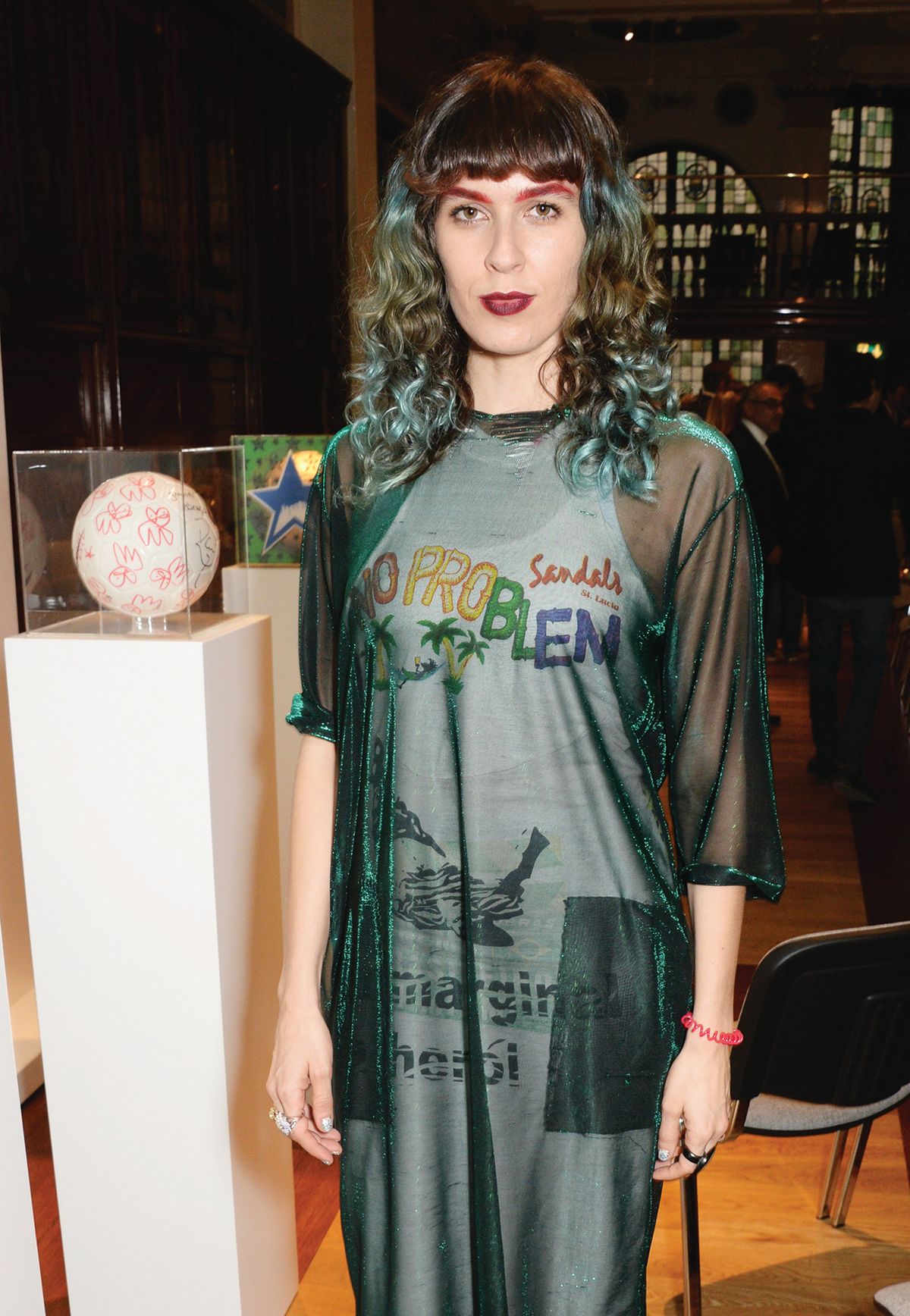The Akademie Schloss Solitude in Stuttgart plans to scrap its residency age limit of 40 after a number of artists took to social media to complain about its “ageist, anti-feminist, queer-phobic and ableist” policy.
The foundation, which runs residency programmes for up to 65 international artists a year, has imposed an age restriction on applicants since it was formed in 1990, though a spokeswoman points out that “during the past 30 years we have also made exceptions to this rule”.
She adds: “We fully understand [the] criticism [and] are in the process of adapting the statutes accordingly to be able to change the rules for the next application process in 2023.”
The Berlin-based multimedia artist Cibelle notes that the problem is endemic in the art world. “Every time you put an age cap on something, another institution will think it’s OK. The full problem here is not just the one open call, it’s about a culture,” they say.
There’s a fascination with the next hot thing, which completely ignores how women and trans and queer people have to deal with so much else in their livesCibelle, multimedia artist
The art world does indeed appear to be fixated on rewarding youth. The list of prizes awarded to artists under 40 is long, while Apollo (among other magazines) famously champions “40 under 40” lists. The UK’s Turner Prize only lifted its age limit five years ago, having stipulated since 1991 that its nominees be under 50.
Calls for support for “young emerging artists” is a common refrain—and on the surface appears benevolent. But such language borders on the “fetishistic”, says Cibelle, who is in the process of setting up a decentralised autonomous organisation with more than 50 others which will focus on the work of cis and trans women, lesbians, intersex, non-binary and trans people including those who identify as trans-masculine. “There’s a fascination with the next hot thing, which completely ignores how women and trans and queer people have to deal with so much else in their lives. Professional success usually comes later.”
Access and survival
The artist and choreographer Melanie Jame Wolf notes in her essay, “Beginning, Middle (Age), End” how feminist and queer artists often give multiple dates and places of birth “in order to hack the trail of their digital identity”. Lying about your age, she adds, has “everything to do with access and survival, and absolutely nothing to do with vanity”.
Wolf, who describes herself as having arrived at her artistic career late, details how every request for a date of birth on an application form or every call out for young artists is “a constant source of anxiety”. She writes: “Each of these things tells people who have been occupied elsewhere—with care work, or in prison, or overcoming abuse, or addiction, or generally attempting to pull themselves and others out from under structural oppressions, or just fucking living—that they have failed to pass the white bourgeois milestones of decisive vocation, institutional training, unpaid internships, and emergent successes in a timely, respectable fashion.”
Late to the party
In recent years, and particularly since 2014 when the market for a group of young male artists dubbed “zombie formalists” slumped, older women have become sought after, both in institutional and commercial circles.
In 2017, the year the Turner Prize rules changed, Lubaina Himid became the oldest winner in the award’s 33-year history. She was 63, and also the first Black woman to win. Contrary to press reports at the time that indicated success had come late to the artist, Himid in fact began exhibiting to acclaim in her 20s, going on to curate shows at the Institute of Contemporary Art among other places in her 30s. “The British press knew what I was doing in the 1980s, [when I was] in my 30s, but chose to ignore it,” Himid says. “[They] came late to the party in 2017, by which time… I was past 60—but I already had a gallery representing me and had been in numerous biennales, etc.”
Cibelle believes the art world’s newfound interest in older women artists is another form of fetishisation, where “young” has simply been replaced with “new”. They say: “If you’re an older artist who has been forgotten, suddenly you’re hot again. Even more so if you die, then there’s a certain air of mystery.”


